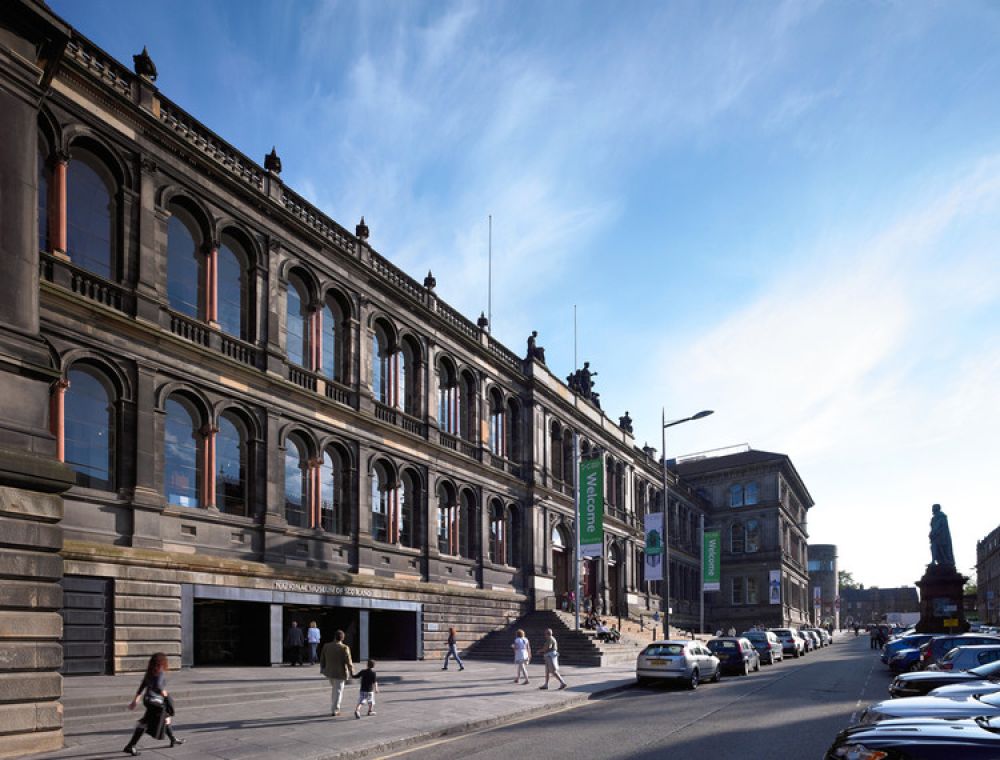

The National Museum of Scotland in Edinburgh is a beacon of culture and heritage, representing the country's vibrant history and its contributions to the global stage. Since its opening, the museum has been a significant attraction for both locals and tourists, becoming a must-visit destination for those interested in learning about Scotland's past, art, and innovation.
The roots of the museum date back to the 19th century. Originally formed from the merger of two notable institutions — the Museum of the Society of Antiquaries of Scotland, founded in 1780, and the Industrial Museum of Scotland, opened in 1854 — the National Museum of Scotland is now situated in the heart of Edinburgh's Old Town.
The museum underwent a significant redevelopment, reopening in 2011 after a comprehensive refurbishment that modernized the visitor experience while preserving the historicity of the museum's collections. Today, the National Museum of Scotland is a world-class institution showcasing the country's natural history, archaeology, culture, science, and technology.
The museum's impact on tourism can be traced back to its opening when it immediately became a landmark. It has consistently been one of Scotland's most visited attractions, contributing significantly to the overall tourism sector in Edinburgh and beyond. As the museum has evolved, so have the trends in the tourism it attracts.
In recent times, the National Museum of Scotland has noticed a surge in "cultural tourism" where visitors are looking to enrich their travel experience with educational and inspiring museum visits that provide insights into Scottish heritage.
The museum has also become synonymous with "sustainable tourism," with its practices and exhibits increasingly reflecting a commitment to sustainability and environmental awareness. This mirrors a general trend in the tourism industry, where there is a growing emphasis on responsible and ethical travel.
The National Museum of Scotland is consistently innovating to appeal to tourists. It has integrated technology by offering virtual tours and interactive displays, thus responding to the demand for "technologically enhanced experiences" — another burgeoning trend in the tourism industry.
In light of the COVID-19 pandemic, the museum adapted by offering more online resources and virtual access to their collections, which has encouraged a trend toward "remote tourism" where people explore destinations and cultural sites from the comfort of their homes.
As international travel resumes and tourism patterns stabilize, the National Museum of Scotland is set to reclaim its position as a top-tier destination. With its impressive collections, engaging exhibitions, and commitment to visitor satisfaction, the museum will continue to draw tourists from around the world, keen to explore the rich tapestry of Scottish culture and history.
In conclusion, the National Museum of Scotland remains an integral part of Edinburgh's allure. Its impact on tourism is marked by its ability to stay relevant, foster cultural appreciation, and adapt to changing tourism trends, making it an enduring symbol of Scotland's dedication to celebrating and sharing its heritage.